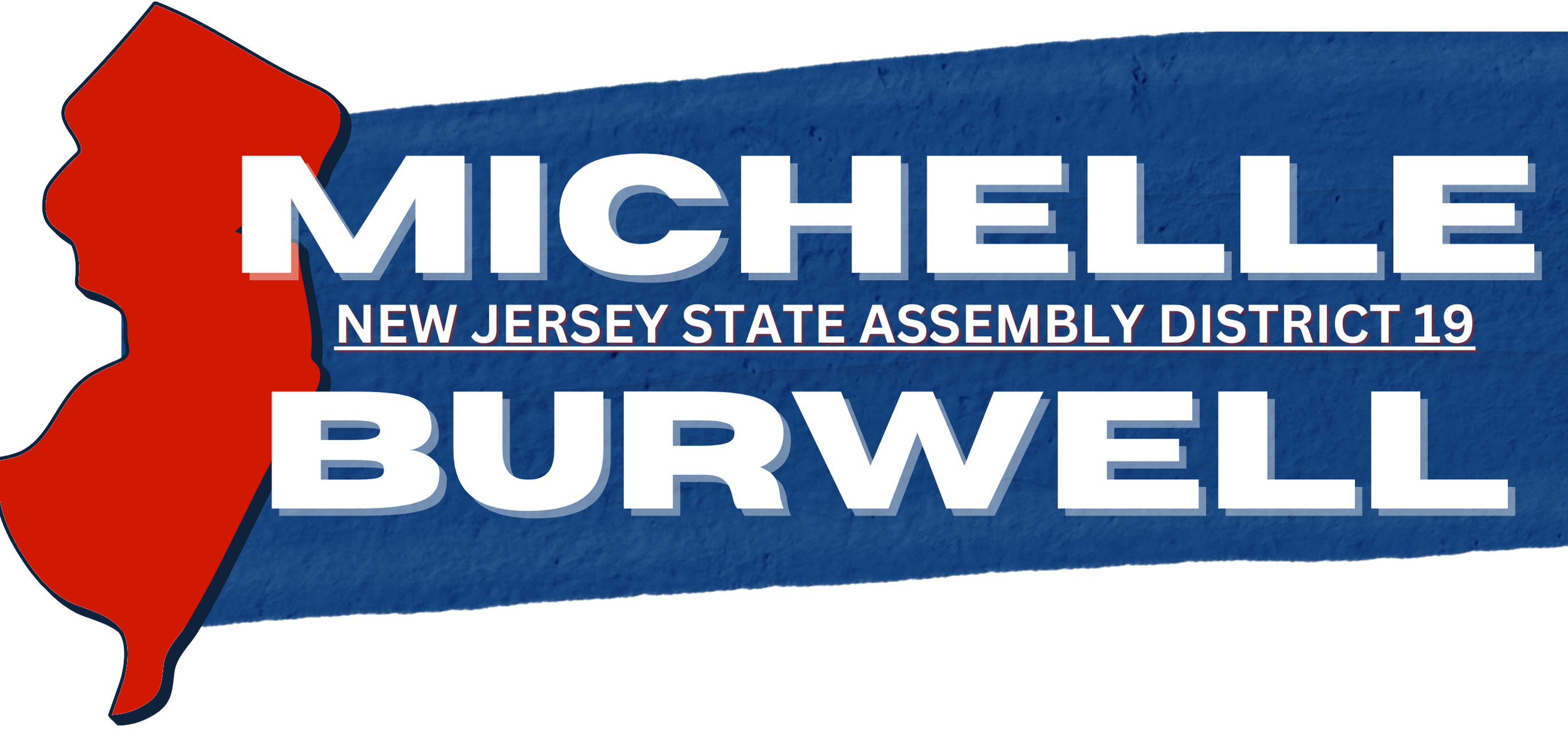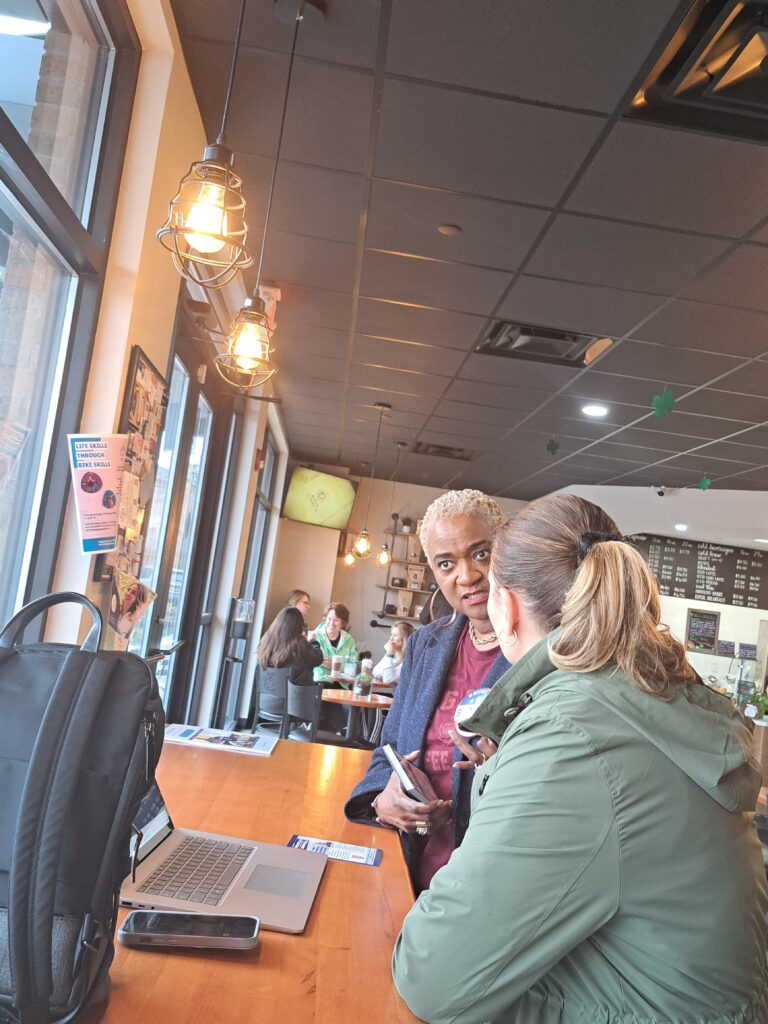What is Affordable Housing?
Housing is considered affordable when no more than 30% of a household’s income goes for rent/mortgage and utilities.
Is the NJ Affordable Housing project affordable?
The answer is NO.
More than half of NJ residents pay more than 30% of their income towards rent/mortgage and 20% of NJ residents pay more than 50%.
It is important to note that Federal housing, Public Housing Authorities, and Section 8 Vouchers utilities are not considered affordable housing programs but are administered throughout the state.
New Jersey State minimum wage is $15.13 an hour, so a person must work two and a half jobs to afford a two-bedroom apartment in New Jersey.
In early 2024 Governor Phil Murphy signed a law returning the oversight of municipal affordable housing obligations to the state.
The state Department of Community Affairs fulfilled its mandate this fall by calculating and providing an estimate of the number of units each municipality needs to build. DCA calculated a need for about 85,000 new affordable homes and 65,000 needing rehabilitation over the next decade, known as the fourth round.
Those numbers are lower than the more than 200,000 units that the National Low Income Housing Coalition says New Jersey needs.
Retrieved from; https://www.njspotlightnews.org/author Colleen-odea.
Is the new legislation mediating a crisis?
In 2024, New Jersey’s Point-in-Time (PIT) count revealed a 24% increase in homelessness, with 12,680 people experiencing homelessness, including 2,787 children, on January 23rd. retrieved from NJ Housing and Mortgage Finance Agency NJ Counts 1/23/24 report.
Homelessness in New Jersey has climbed 24% since last year, a trend advocates attributed to an entrenched affordable housing shortage made worse by rising rents and shrinking vacancies.
More children are experiencing homelessness, too, with advocates documenting a 14% jump in the number of homeless families with kids under 18, said Kasey Vienckowski of Monarch Housing Associates, the nonprofit that reports the count.
Retrieved from https://givingcompass.org/article/homelessness-in-new-jersey-surges-24-in-2024.
Legislators are dragging their feet with this. This is a crisis and requires immediate attention. To date, there are many barriers to municipalities meeting their mandates. Here are a few bills that capture very fundamental things that should have been a part of the original legislation:
It is important to mention that one year after Gover Murphy signed the law these bills are still pending.
- S-2347/A-4370 would change municipal ordinances to allow for accessory dwelling units in single-family and duplex neighborhoods). Few municipalities currently allow Accessory Dwelling Unit.
- S-1408/ would allow the conversion of stranded, vacant, or economically depressed commercial properties into housing and/or mixed-use projects. Most zoning laws prohibit the construction of homes on land zoned for commercial purposes without getting a variance.
- S-2974/A-3043 would reduce minimum parking requirements and other requirements for developments around mass transit and in denser areas. State regulations set minimum parking requirements and would be amended by the bill to reduce the number of required parking spaces by up to 50%, depending on the proximity of a development to mass transit.
Neither of the bills seeking to allow Accessory Dwelling Units or permit the conversion of vacant office parks has advanced to the floor of either house, with versions of the latter bill pending since 2017.
Retrieved from https://www.njspotlightnews.org/2025/01/
There is an urgent need for housing. The assembly /legislators drafted a bill to address the need and did not factor in the need for conversions on commercial property, or reducing parking requirements.
The bills are still pending and have been pending since 2017.
I am committed to fighting for true strategic planning to be a part of the legislative process. Strategic planning includes transparency, accountability, and community involvement. Strategic Planning that makes room at the table for our community advocates who fight for working families and affordable housing and New Jerseyans who understand the challenges.
This is how we begin to create legislation that factors in and ensures the needs and resources of the community are met. Legislation that includes community dialogue is the key to finding and creating legislation that benefits all New Jerseyans.
It is important to remember that your tax dollars are being utilized throughout this process. The ineffective steps taken by our legislators are wasteful and impactful to the safety and financial well-being of all New Jersey families and communities.
Are the New Jersey schools fully funded?
The New Jersey school funding formula relies on outdated numbers that fail to reflect the actual cost of education to our children. The New Jersey school funding also lacks transparency. The funding formula remains inaccessible to the public even though taxpayer dollars fund it. This secrecy prevents districts from accurately forecasting their budgets, making it impossible for a district to plan.
Retrieved from: https://njedreport.com/are-nj-schools-fully -funded-the-outdated-data-problem.
We cannot answer the question when New Jersey is using decade-old data.
Cost Per pupil/District 19
Carteret spends $17,879 per pupil.
Sayreville School District spends $17,533 per pupil.
South Amboy spends $14,800 per pupil.
Perth Amboy spends $23,107 per pupil.
Woodbridge Township School District spends $19,567 per pupil.
This is unbelievable when there are times when our children and teachers do not have adequate support and supplies.
I will advocate for transparency and the utilization of current data. The utilization of current data will provide a framework for creating a budget that ensures that our children’s needs are the priority.
It is time to listen and hear from our teachers and parents. I will fight to ensure that the voices of our teachers and parents are heard and a part of the legislative process and planning.

How much is childcare in New Jersey?
According to the Economic Policy Institute the average annual cost of infant care in New Jersey is $12,988 that is $1082 per month. Childcare for a 4-year-old costs $10,855 or $905 each month. New Jersey is ranked 15th out of 50 states and the District of Columbia for the most expensive infant care.
Infant care for one child would take up 14.6% of a median family’s income in New Jersey. According to the U.S. Department of Health and Human Services (HHS) childcare is affordable if it costs no more than 7% of a family’s income. By this standard, only 17.8% of New Jersey families can afford infant care.
A typical family in New Jersey would have to spend 26.8% of its income on childcare for an infant and a 4-year-old.
Childcare that capped families’ childcare expenses at 7% of their income would save a typical New Jersey family with an infant $6,456 on childcare costs. This would free up 8.5% of their (post-childcare) annual income to spend on their necessities.
Retrieved from: Economic Policy Institute https://wwwepi.org.
I understand the burden of childcare to the families of New Jersey. I would advocate for affordable childcare. I believe this can be achieved with better management of our tax dollars.
Senior Rights/Care
Governor Murphy has proposed 2.2 billion appropriations for New Jersey nursing homes a gross increase of $74 million from the current budget after the tragic death of over 9,000 New Jersey long-term care residents during the COVID crisis.
Three-quarters of New Jersey’s nursing homes are for-profit corporations. The remaining are government-owned or run by non-profit organizations. Regardless of ownership status, all the skilled nursing facilities in the state are funded by taxpayer dollars through state Medicaid and/or federal Medicare.
But there is little transparency or accountability in this industry. I would advocate for legislation that would require every nursing homeowner to provide full transparency of their financials before issuing licenses.
This information will help to identify how nursing homes are spending their money and making informed decisions about reimbursement rates.
If the nursing homeowner has multiple facilities, I would advocate for a background check on the performance and quality of all their nursing homes to be assessed before a new or renewal license. I would advocate for all background checks to include an investigation of any allegations of abuse, and/or neglectful practices of previous or current owned facilities.
This is needed to ensure owners are not shifting tax dollars to other related companies that they own and help to mandate a higher quality of care for the residents and support their families.
Environmental & Climate Justice
New Jersey is the third fastest warming state in the and uniquely vulnerable to extreme heat, future storms, seal level rise, and other climate impacts.
Retrieved from: https://www.nytimes.com/2024/07/03/nyregion/new-jersey-warming-climate-change.html.
New Jersey is considering charging fees on producers of fossil fuels to help the state that is home to several oil and gas facilities fight the effects of climate change.
NJ Climate Superfund Act (S3545/A4696) is groundbreaking legislation that would shift the burden of paying for these damages onto the corporations responsible for them, Under the Climate Superfund Act, the largest fossil fuel corporations in the world that operate in NJ would be assessed an annual fee based on their historical emissions since 1991. Revenue raised would be distributed in grants to municipalities, counties, and other government entities for infrastructure repair and resiliency and other climate change adaptation projects. This includes everything from rebuilding roads and bridges, upgrading water treatment plants and stormwater systems, and making our electric grid more resilient.
I would advocate and fight to support this bill.

